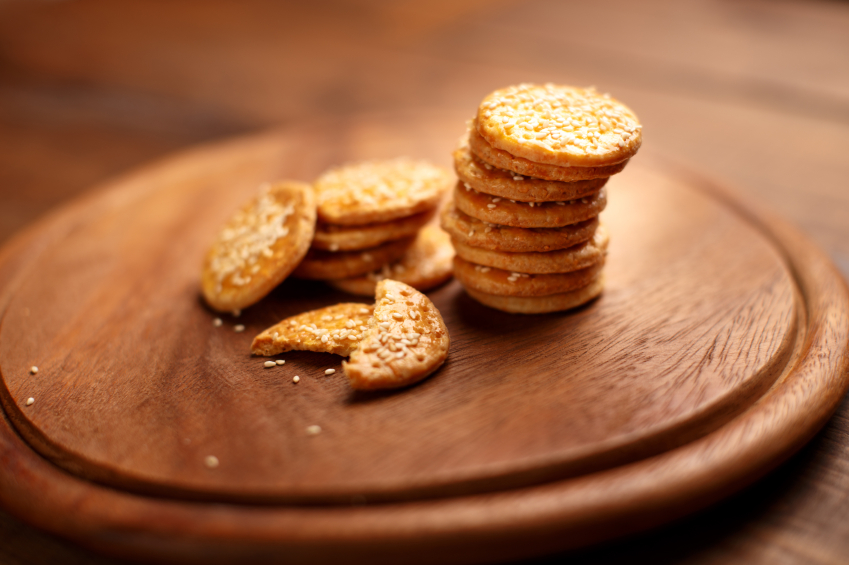 Expiration dates can be useful—they inform consumers of the last date by which a food product’s flavour or quality is best. However, they can also sometimes be misleading. Experts with food safety training know there are a wide range of products that can be safely eaten well past their best before dates, and some that consumers should avoid. Foods to be avoided include ground beef, deli meats, poultry, fresh berries, and soft cheeses made with unpasteurized milk.
Expiration dates can be useful—they inform consumers of the last date by which a food product’s flavour or quality is best. However, they can also sometimes be misleading. Experts with food safety training know there are a wide range of products that can be safely eaten well past their best before dates, and some that consumers should avoid. Foods to be avoided include ground beef, deli meats, poultry, fresh berries, and soft cheeses made with unpasteurized milk.
If you are planning to pursue a food safety diploma, read on to learn more about best before labelling, and which goods can be safely consumed past their “best by” dates.
Cookies, Crackers and Potato Chips
 When dry snacks and treats like cookies, chips and crackers have passed their best before dates, their texture may seem stale. However, experts know that a few minutes in a conventional oven is all it really takes to crisp them right back up again. Individuals who have had food quality training know that it is still important to smell these foods before eating them, in case there are signs of fermentation. For the most part however, the best before dates on these foods are to preserve the crisp texture and quality.
When dry snacks and treats like cookies, chips and crackers have passed their best before dates, their texture may seem stale. However, experts know that a few minutes in a conventional oven is all it really takes to crisp them right back up again. Individuals who have had food quality training know that it is still important to smell these foods before eating them, in case there are signs of fermentation. For the most part however, the best before dates on these foods are to preserve the crisp texture and quality.
Bread

Everyone who loves sandwiches knows that bread expires quickly, especially freshly baked bread. While this product has a shelf life of about one week, food safety professionals know that as long as there is no visible mold growing on the loaf, it is fine for consumption. In fact, storing bread in the refrigerator instead of on the counter can extend its shelf life by an additional week.
Pasta (Uncooked)

Pasta is a dry, hard product, so it can be pretty difficult for pasta to spoil before being used. In fact, pasta can be cooked and consumed long after its best before date has passed. One way to know when pasta should be tossed is to smell it—if there is a foul odor, it is best not to eat it. Pasta made from eggs tends to go bad faster, and will produce a rotten smell when it is no longer safe to eat.
Hard Cheeses

While experts know that soft cheeses, like brie, should never be consumed past their best before date, hard cheeses, like cheddar and parmesan, are actually still safe to eat for approximately one month after they’ve “expired.” Since fermentation is a part of the process of making cheese, it takes quite a bit of time before actual mold will grow and the product becomes inedible. Some cheese—like blue cheese—even encourage the growth of mold and consider it a part of the flavour.
Do you know any other food product that outlives its expiration date?



